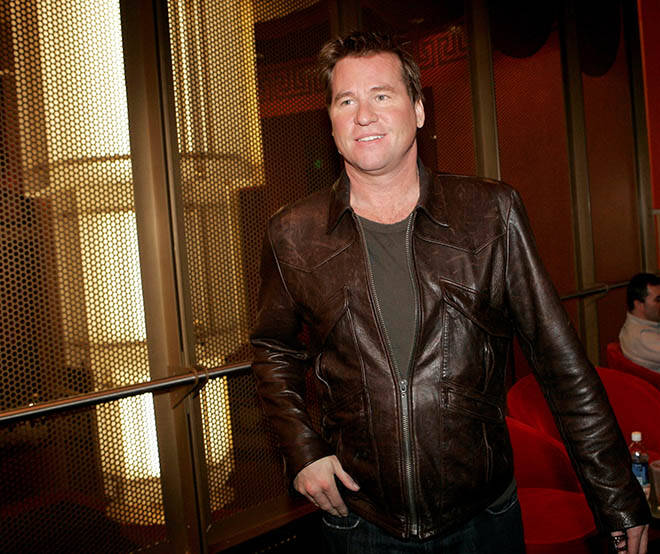Build your power to stay healthy
To stay healthy as you age, experts recommend a mix of cardio, strength and balance training. But there’s another critical element, one that gives you the ability to lift a suitcase into an overhead compartment.
It’s called power, and it’s never too early (or late) to start building it.
Experts define power as the ability to apply force rapidly — using fast-twitch muscle fibers in short, explosive bursts. Strength allows you to lower into a chair, power gets you back up. If you trip and stumble, power allows you to quickly recover and avoid a fall.
Two years ago, Beverly Coleman, a 71-year-old bridal store employee in Lexington, Ky., noticed her waning power when she struggled to hoist a 25-pound bag of dog food into her house. “I’d have to drag them in or ask my son for help,” she said.
Like strength, power is a “use it or lose it” ability that can disappear quickly.
“Often, we don’t realize we’ve lost power until it’s gone,” said Ali Hartman, a doctor of physical therapy who works with seniors.
Don't miss out on what's happening!
Stay in touch with breaking news, as it happens, conveniently in your email inbox. It's FREE!
But with the right exercises, you can restore power you’ve lost.
How do you know if you are losing power? Take the sit-to-stand test, which also gauges a risk for falling. Sit in a chair with a straight back and no arm rests and cross your arms over your chest, resting your hands on your shoulders, feet flat on the floor. Start a timer for 30 seconds and count how many times you can move from sitting to standing.
Men over 65 should be able to do at least 12; women, 11.
If your score indicates that you have less power than you should, start building it back.
Coleman began taking fitness classes for people over 55. She started with 5-pound dumbbells and an 18-pound empty barbell for dead-lifts. She then steadily increased the weights.
After a couple of months, that same bag of dog food she had struggled with felt “like a loaf of bread,” Coleman said.
Starting off light is fine, said Dr. Ronald E. Michalak, an orthopedic surgeon. “But if you don’t ramp up from there, you can’t achieve what you need.”
Coleman now goes hiking, kayaking and even runs races at the senior games. “I was scared to death when I began, but now I’m helping others lift heavy things at the Sam’s Club.”
“It doesn’t take much to build power,” said Michalak, “but you must be consistent and stick with it for the rest of your life.”
© 2024 The New York Times Company




